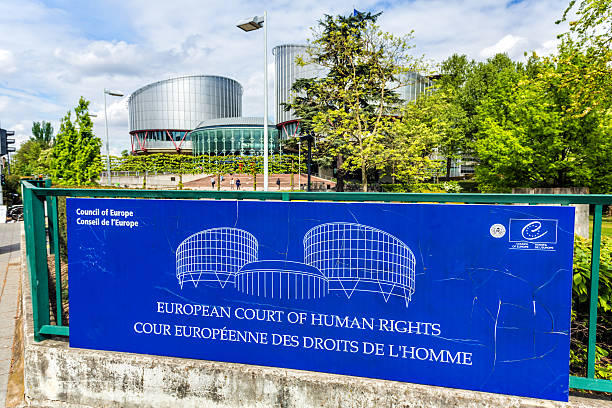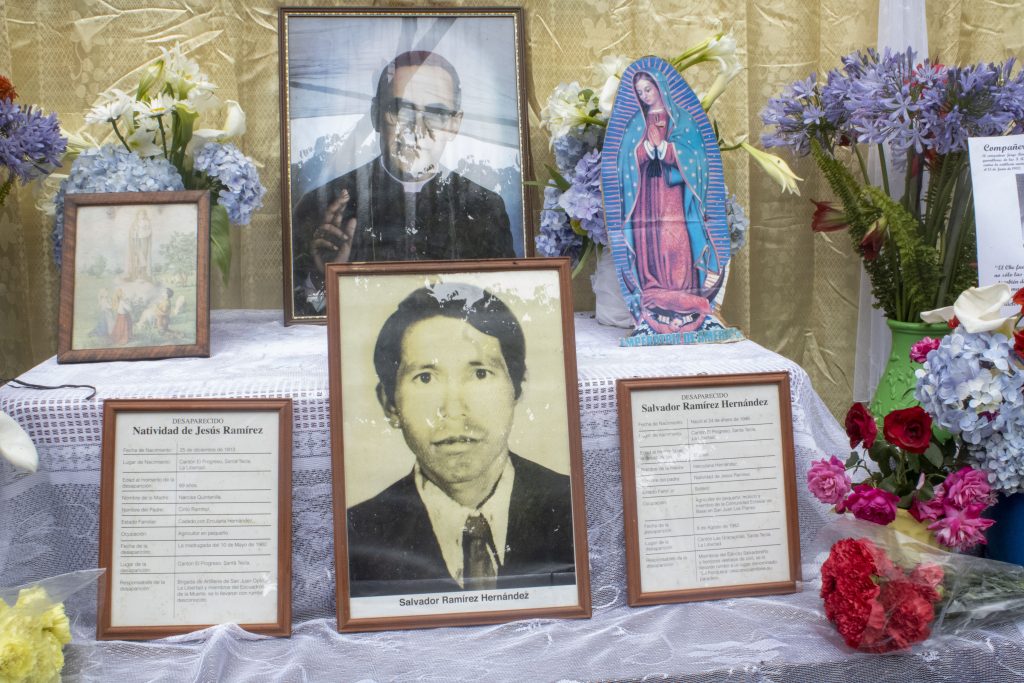By: Anastasia Nedbalska
Journal of Global Rights and Organizations, Associate Articles Editor
Author Note: For me, as a Ukrainian living abroad, February 24th is more than a date on the calendar – it is my painful loss and the enduring fight for dignity and freedom.
Today, Ukraine marked the 1,461st day of Russia’s full-scale invasion. Still, more than a decade has passed since Russia first violated Ukraine’s sovereignty by annexing Crimea.
Слава Україні! (“Glory to Ukraine”)
KYIV, UKRAINE – As the temperature in Ukraine dropped below zero, Ukrainians once again braced for the consequences of blackouts. Electrical grids and power plants are struck. The heating systems fail. First responders rely on generators. Kyiv and cities across Ukraine were left without power. Nonetheless, Ukraine is strong and continues to fight for its independence.

Since 2014, Russia’s actions have breached a myriad of international humanitarian laws, including systematically attacking infrastructure and cutting off power supplies.
While blackouts have been an ongoing issue, they have become alarming in recent weeks. Winter itself turned out to be Russia’s weapon against Ukraine.
Targeting Civilian’s Objects is a War Crime
Russia neglects that power plants, electrical grids, and water reservoirs are not military objects; they are essential to civilian survival. Extensive and intentional targeting of infrastructure leads to complex legal concerns – war crimes and a humanitarian crisis that the international community cannot ignore.
International Law is unquestionably clear. The Geneva Convention and the Rome Statute expressly forbid targeting civilian objects that are indispensable for an individual’s survival. Such conducts were affirmed as war crimes by the ICTY (“Internation Criminal Tribunal for the Former Yugoslavia”).
The International Criminal Court (“ICC”) has initiated investigations into all war crimes committed by Russia in this war. In 2024, the ICC issued warrants against two Russian military commanders: Sergei Kobylash and Viktor Sokolov, alleging their responsibility for the deliberate targeting of infrastructure. Yet the ICC’s prosecution remains fruitless.
In late January 2026, the Nordic-Baltic countries urged Russia to immediately cease its tactics and demanded the international community hold Russia’s leaders accountable for these “potential” war crimes. Nonetheless, accountability in the international arena is challenging.
Targeting Infrastructure Is Not a Consequence of War – It is Russia’s Strategy
As Ukraine approached one of its coldest winters, its air defense system has been overwhelmed. Russia intensified strikes against infrastructure, leaving cities across Ukraine without electricity, heat, and necessities.
On January 21, 2026, approximately 60% of Kyiv, nearly 4,000 apartment buildings, were left without electricity. Heavy bombing in Kharkiv left over one million consumers without power. Every day, first responders work tirelessly trying to restore electricity to some extent. Yet the restored power remains temporary.
Russia’s strikes continue.
On February 17, 2026, Russia launched nearly 400 drones and 29 missiles overnight. As a result, in Kyiv alone, over 2,600 buildings remained without heating, power, and water. Across Ukraine, civilians’ daily lives once again are being dictated by power outage schedules.
Missile is a Partial Weapon, and Cold Completes It
Civilians have been forced to live in freezing apartments and to bundle up in layers with limited or no opportunities to warm up. Elderly individuals and people with disabilities are even more vulnerable. Recent reports show an increase in cases of hypothermia and deterioration of chronic health conditions from prolonged cold exposure.
Childhood is being stolen. Education is severely disrupted as schools close due to the inability to maintain safe heating.
Yet, despite being worn out, Ukrainians are stronger than ever. They managed to cook and warm up with portable devices. In Kyiv, a city that is constantly under attack, neighborhoods gather for a barbecue party, with music and dancing to stay warm and show resilience.
On this 4th anniversary of full-time invasion, and every day at 9:00 AM, Ukraine freezes for a minute of silence honoring every life unjustly taken by this devastating war, carrying forward the memory of its heroes.
Also, gratitude is owed to the Ukrainian soldiers, first responders, and medical personnel, who work through sleepless nights, and to all Ukrainians who remain resilient despite the relentless hardship.
Ukrainians once again remain undefeated. Nonetheless, the wounds of this war will never fade.
For more information:
Almost 60% of Kyiv Without Power as Russian Strikes Shatter Grid
Surviving the Cold Without Electricity in Ukraine
Ukrainians are Sharing Hacks Online On How to Survive Winter Power Cuts
‘Difficult’ Russia-Ukraine Peace Talks End Without Breakthrough
Ukraine Warns of Long Outages After Wave of Russian Strikes Hit Power Grid
‘Everything Is Frozen’: Bitter Winter Drags on for Kyiv Residents as Russia Wipes Out Power
Statement By The Nordic Baltic States on Russia’s Destruction of Energy Infrastructure In Ukraine
Explainer: When Are Attacks On Civilian Infrastructure War Crimes?



